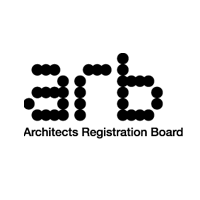To apply for this course, you should have a BA (Hons) Architecture or BSc (Hons) with exemption from RIBA Part 1 or equivalent. Postgraduate diploma in Architecture with exemption from RIBA Part 2 or equivalent.
For candidates who have gained a degree(s) in architecture at a European or other overseas university/institution, their degree qualifications must first be approved by the Architects Registration Board of the United Kingdom to be determine that they are the equivalent standard of the Part 1 and Part 2 qualifications above.
This entails a further examination of the degree portfolios from the relevant university/institution which is undertaken by a separate examination Board of ARB. Upon successful attainment a formal letter, confirming that the relevant European/overseas qualification(s) have equivalence with the UK Parts 1 and 2 qualifications, is issued. Candidates will not be permitted to apply for or register onto the programme unless they have already obtained and uploaded with their formal application written confirmation from the Architects Registration Board that their Part 1 and/or Part 2 degree(s) (Bachelor and/or Masters degree) is acknowledged by ARB as a prescribed qualification. This is a prerequisite of entry for all students offering European or Overseas architecture qualifications.
Candidates cannot be admitted to the examination until they have acquired at least two years of satisfactory experience, one year of which must be after the final degree or diploma (Part 2). It may well require much more than two years to obtain a sufficient coverage of experience and candidates are advised not to present themselves for examination until they are confident that their experience is appropriate for entry to the profession.
All candidates are expected to hold a position of reasonable seniority within an Architects’ practice in the United Kingdom, and to demonstrate a minimum of 12-months experience in practice in the United Kingdom since gaining their Part 2 qualification. Candidates are therefore expected to be fully competent in written and spoken English within their practising environment.
We may make an offer based on a lower grade if you can provide evidence of your suitability for the degree.

